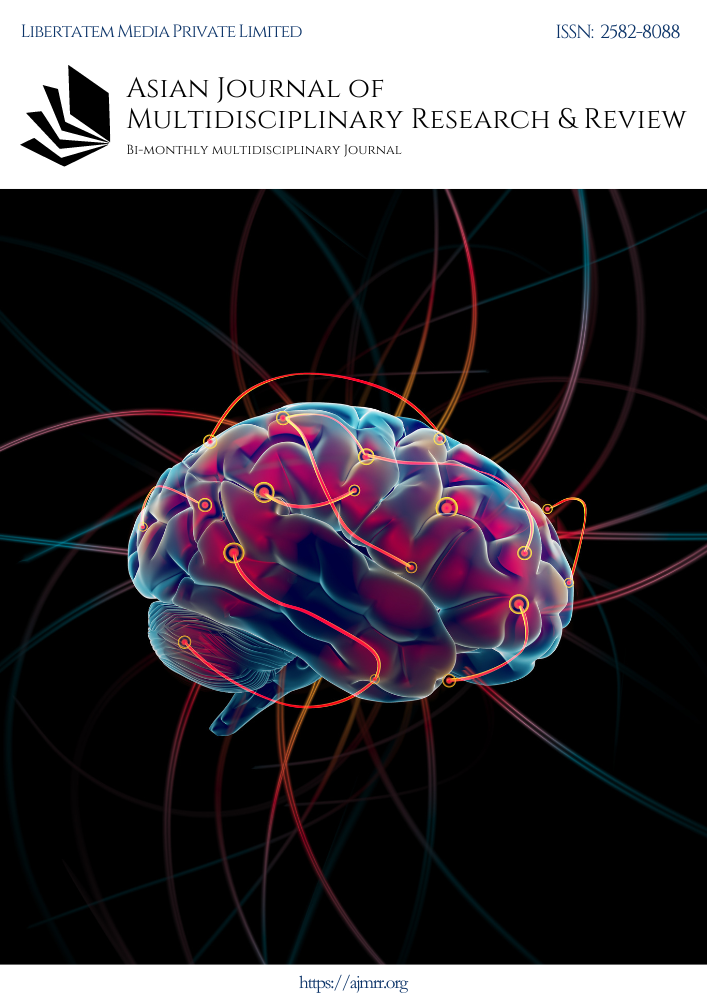THE ROLE OF APARTMENT LIVE PLANTS TO CONTROL ANGER AND AGGRESSION
Keywords:
Apartment live plants, anger controlAbstract
According to environmental psychology is one of the most important factors to design in architecture and interior design which means the environment and surroundings will have features for bringing tranquility and high efficiency for their occupants. One of the areas that most people spend most of their time in it, is home. For this reason, the spaces and elements used in it, must be designed carefully and detailed. With increasing living in residential apartment, private courtyards were excluded from houses. In the past, people were together and washed courtyard and sat in a pleasant atmosphere at evenings. In those days, people tolerance threshold is much higher than today. More people communicated with each other, but most of today’s communication is virtual communication. Today, a lot of nature and live plants have been removed from our lives. This study aimed to investigate the role of the apartment live plants to control anger and aggression. For this study, 100 residential units were selected randomly to test. The collected data was investigated by correlation coefficient test (Spearman correlation) and Single-sample T-test and was evaluated using the 5-point Likert scale. Reliability of the two questionnaires was assessed using Cronbach's alpha and it was seen to be 0.850 and 0/920. Results of the present study indicate that by increasing positive attitude toward the live plants and use them in apartments, aggression will be reduced.
Downloads
Downloads
Published
Issue
Section
License

This work is licensed under a Creative Commons Attribution-NonCommercial-ShareAlike 4.0 International License.
License Terms
Ownership and Licensing:
Authors of research papers submitted to the Asian Journal of Multidisciplinary Research & Review (AJMRR) retain the copyright of their work while granting the journal certain rights. Authors maintain ownership of the copyright and grant the journal a right of first publication. Simultaneously, authors agree to license their research papers under the Creative Commons Attribution-ShareAlike 4.0 International (CC BY-SA 4.0) License.
License Permissions:
Under the CC BY-SA 4.0 License, others are permitted to share and adapt the work, even for commercial purposes, as long as proper attribution is given to the authors and acknowledgment is made of the initial publication in the Asian Journal of Multidisciplinary Research & Review. This license allows for the broad dissemination and utilization of research papers.
Additional Distribution Arrangements:
Authors are free to enter into separate contractual arrangements for the non-exclusive distribution of the journal's published version of the work (e.g., posting it to institutional repositories or publishing it in books), provided they acknowledge the initial publication of the work in the Asian Journal of Multidisciplinary Research & Review.
Online Posting:
Authors are encouraged to share their work online (e.g., in institutional repositories or on personal websites) both prior to and during the submission process to the journal. This practice can lead to productive exchanges and greater citation of published work.
Responsibility and Liability:
Authors are responsible for ensuring that their research papers do not infringe upon the copyright, privacy, or other rights of any third party. The Asian Journal of Multidisciplinary Research & Review disclaims any liability or responsibility for any copyright infringement or violation of third-party rights in the research papers.



